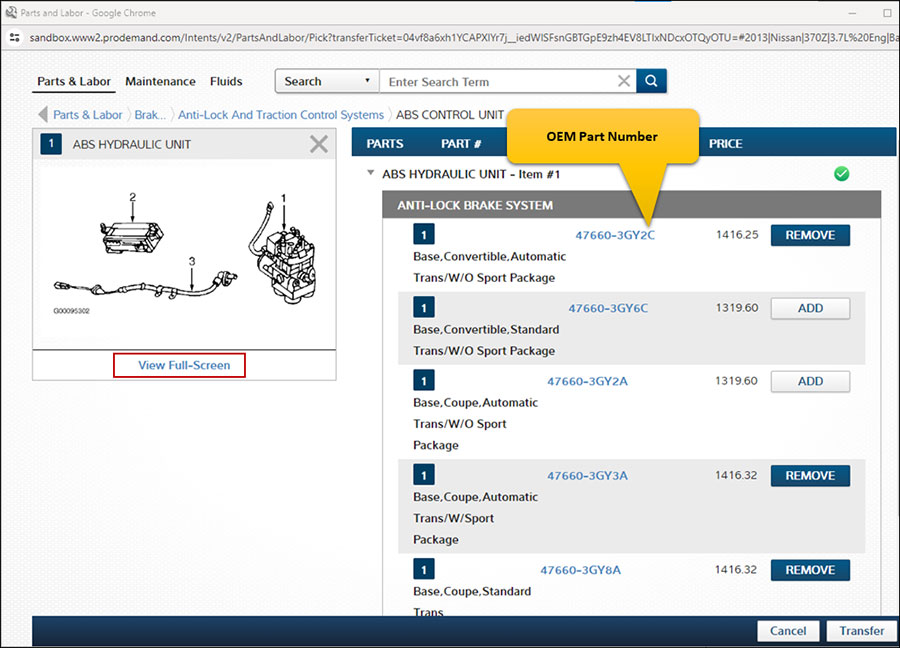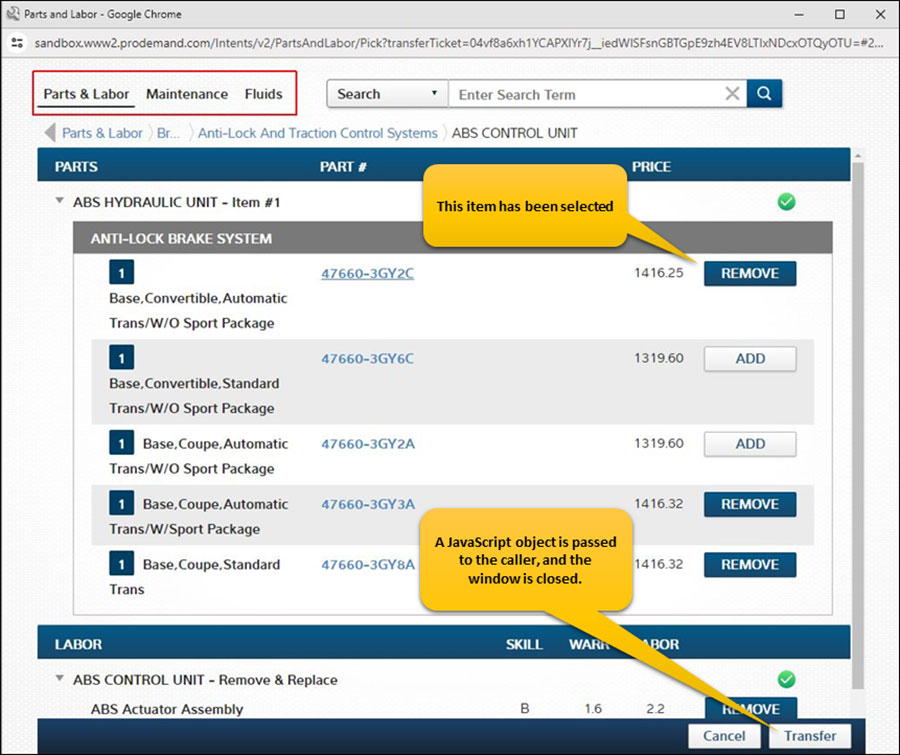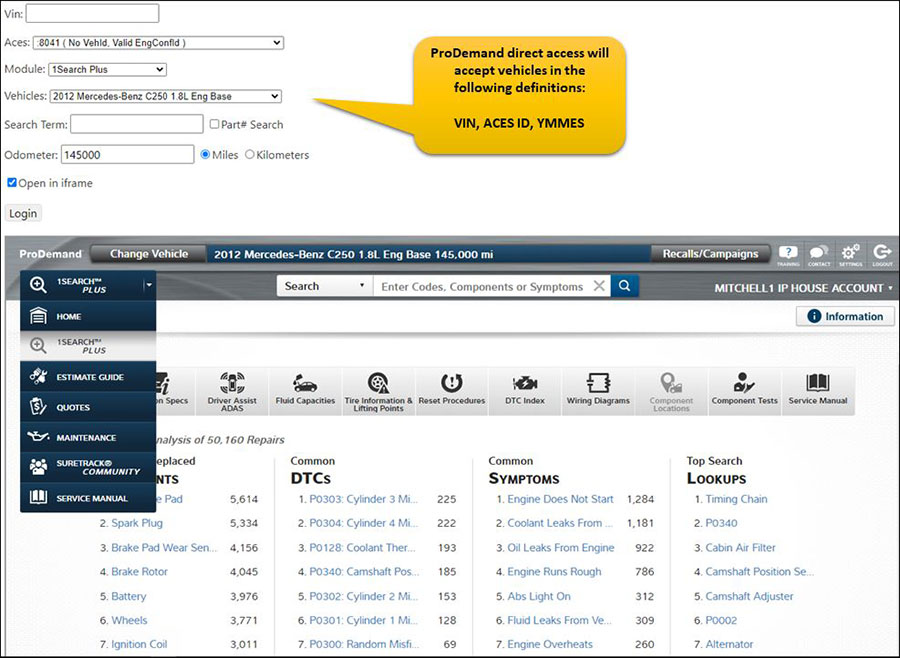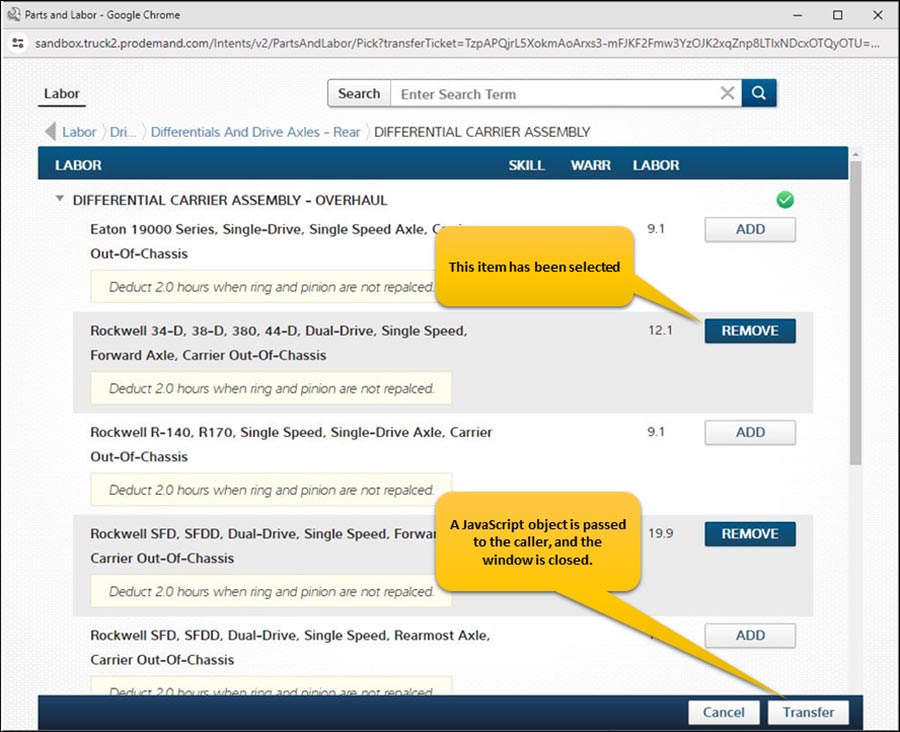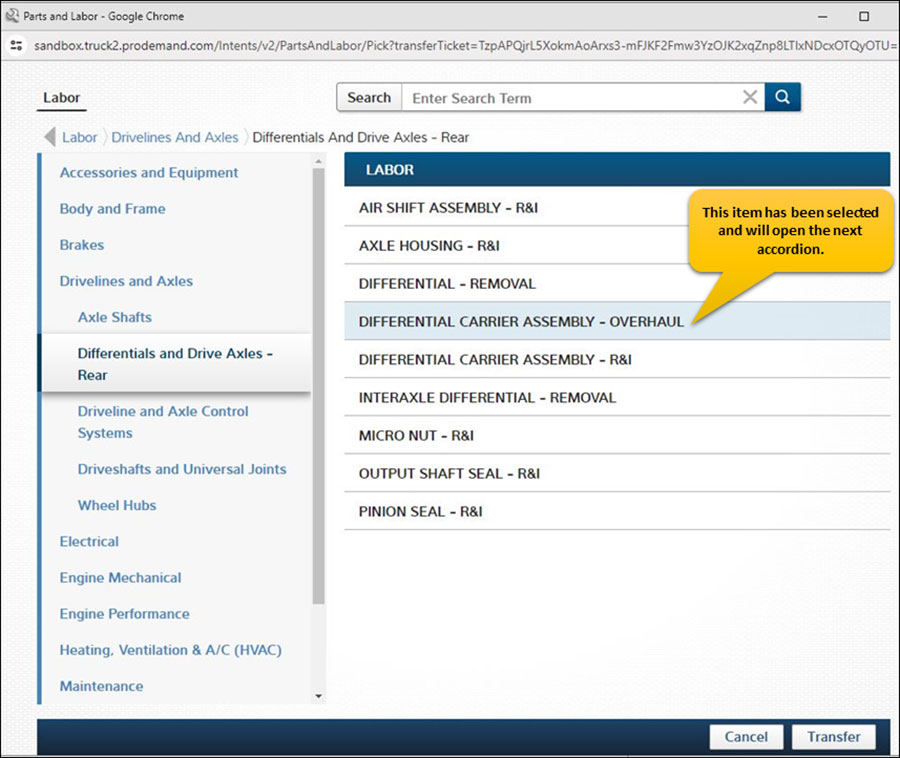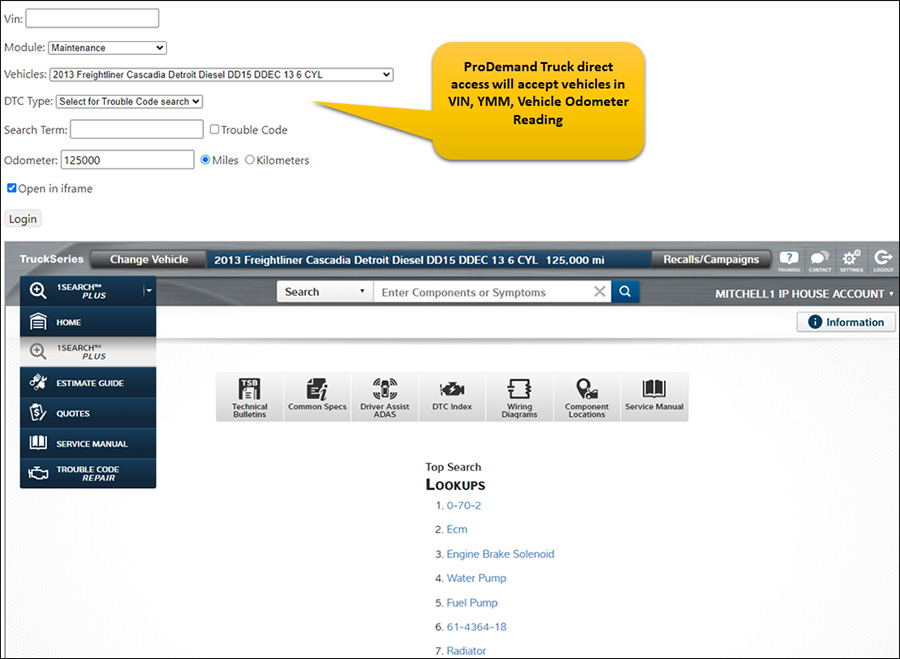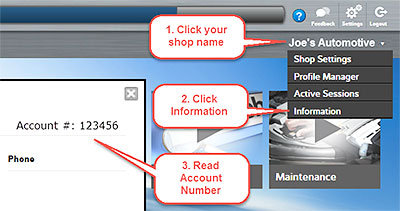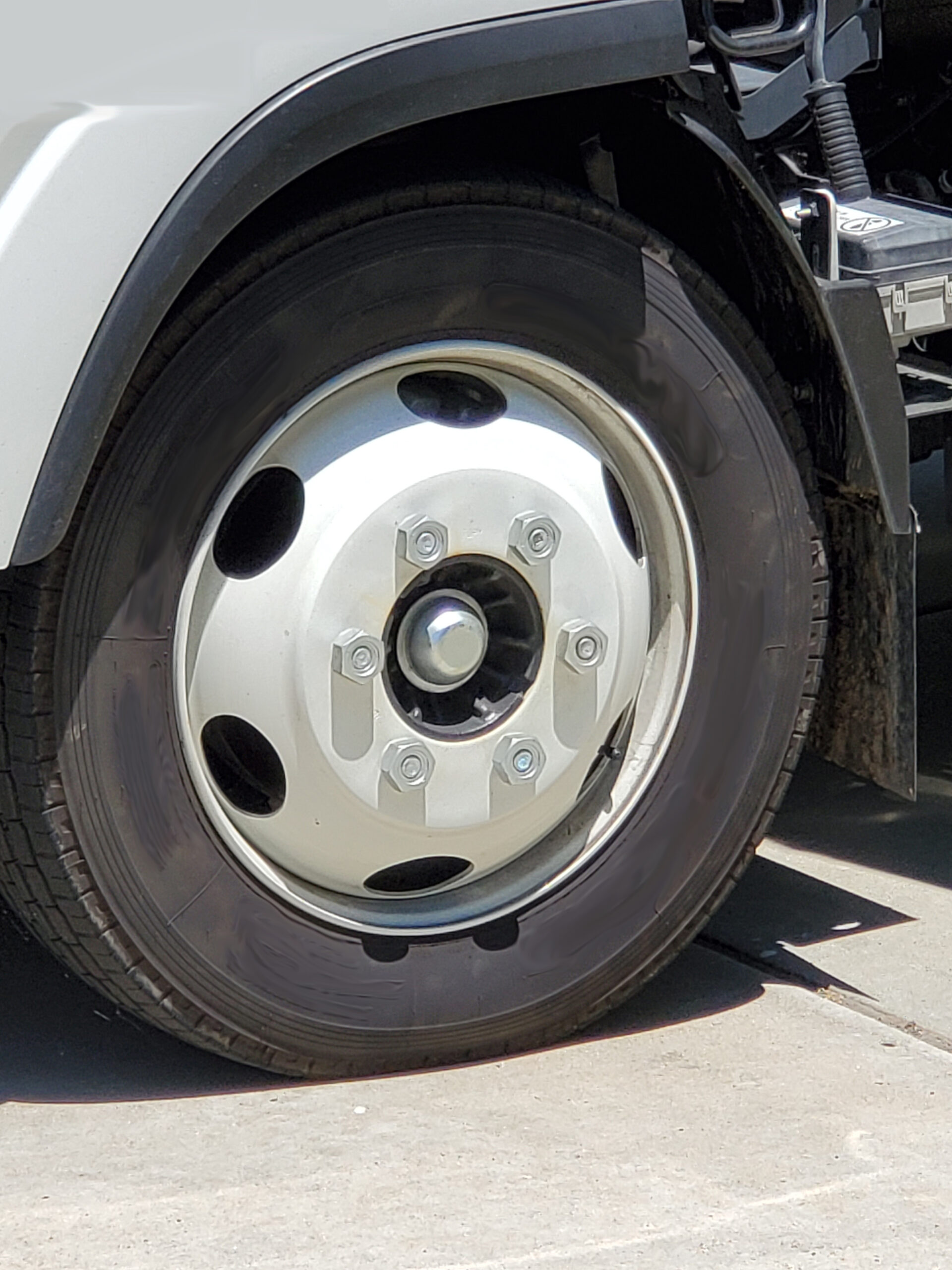 What new might be said about tires? They are round and black, and as long as they are inflated and operating properly likely do not garner a lot of attention.
What new might be said about tires? They are round and black, and as long as they are inflated and operating properly likely do not garner a lot of attention.
Tires are clearly the unsung heroes of the road, doing exactly what they were designed to do mile after mile without a lot of fanfare. Nevertheless, as tires are the buffer between the truck and the road, they take a lot of abuse running on what are often some fairly rough roads. Thus, tires are a vital maintenance point to keep the truck moving down the road safely and efficiently.
Since tires are such a familiar part of regular maintenance, some of the basic safety precautions for working around tires and wheels may get overlooked.
First, safety glasses are a must when working around tires! There are more than a few sources of danger that demand eye protection. Metal particles often break free from the wheel stud, nut, or wheel when using air tools to remove or install wheel nuts. In addition, the exhaust from the air impact wrench will blast dirt and debris lying inside the wheel right up into your face at the most inopportune times.
Also, there is potential for injury when removing the air valve to deflate the tire. With full tire pressure behind the valve, it turns into quite a projectile if not captured when removed from the valve stem. Of course, being in contact with the ground, tires get dirty and during service that debris will come loose.
Bottom line is safety glasses or goggles help to keep things out of your eyes. They may not be comfortable to wear at times, but the discomfort is nothing compared to having something taken out of your eye.
Second, hitting the wheel or tire with a steel hammer can cause damage to the wheel and injury to the tech. The wheel may be damaged with bends to the wheel rim or nicks on the sealing surface, both of which may result in sealing issues, and potentially damaging the integrity of the wheel.
Hitting a fully-inflated tire with a hammer might not sound like anything that would damage the tire. After all, these tires are taking much bigger hits just running down the road. However, when hitting the inflated tire with a hammer, don’t forget Newton’s law: “An object in motion remains in motion until acted upon by another force.” In other words, hitting that inflated tire with a hammer means the energy going into that swing will be at least in part returned as the tire and air pressure work together to recoil that hammer right back at your forehead.
Third (and a rather interesting precaution), find out if any tire sealant may have been added to the tire to stop a slow leak. In some instances, tire sealants may be flammable. Thus, any source of ignition could result in a fire or potentially an explosion resulting in personal injury or other damage.
These are only a few safety concerns when working around tires. There are many other areas that technicians need to be aware of and take appropriate precautions. No matter how long you have worked around vehicles, it is always a good practical step to review service information and the accompanying warnings and cautions.
Want to learn about TruckSeries?
Request a FREE DEMO today!
